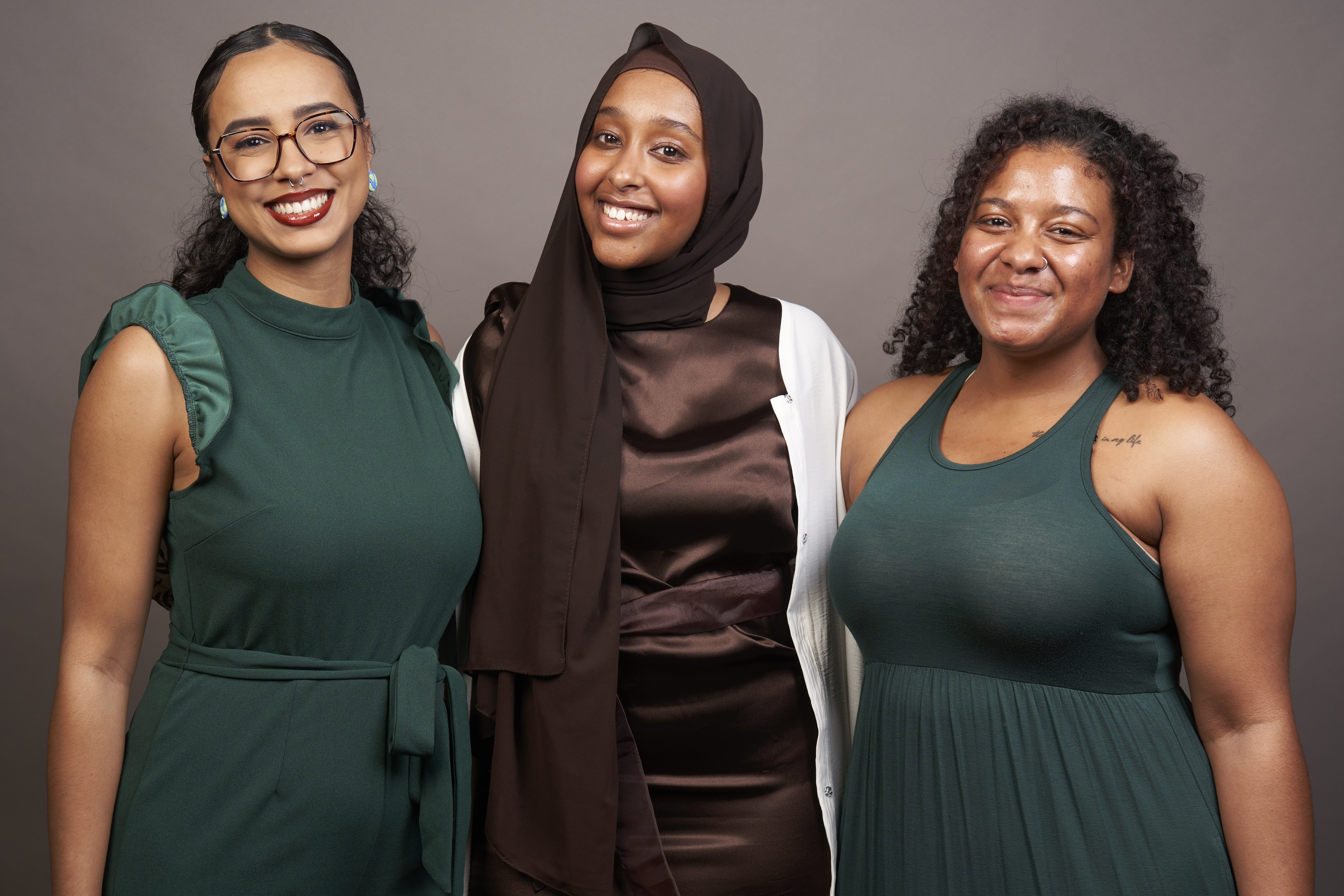Making Space for Black Youth
When Amaal Abdi started volunteering with Let’s Talk Science, she realized her value as a role model for Black students. “I don’t think it’s fair for someone to feel that STEM isn’t an option just because they don’t have any guidance or exposure,” she says. “If I can make it feel like a career in STEM is a serious option for them, then to me, that’s a major success and everything we are aiming to do.”
Abdi founded the Black Youth in STEM program at the University of Ottawa and Carleton University Outreach site, which was implemented in classrooms in 2023. The program targets Black youth to support them in STEM engagement and career discovery and is designed to address some of the inequities seen in student populations in STEM at the postsecondary level. The program has increased the Black volunteer base and boosted volunteer participation. “I find that when volunteers are engaged, they tend to participate even more,” Abdi says. “It’s been so amazing being able to see these volunteers grow into leaders in their own right.”
In 2022, Abdi and her colleague Destina Mattrasingh worked together to form the Let’s Talk Science Black Volunteer Collective. Dedicated to developing and implementing Black-led STEM outreach programs for Black youth across the country, this national collective fosters connection, networking and support for Black Let’s Talk Science volunteers. It also hopes to help bridge the connection between Let's Talk Science and the Canadian Black Scientist Network (CBSN), an organization founded in 2020 to help “Elevate, make Visible, Celebrate and Connect Black Canadians in Science, Technology, Engineering, Mathematics & Medicine (STEMM) across sectors.” The collective officially launched in 2023 and has been steadily growing, with Abdi and Mattrasingh working with Let’s Talk Science volunteers nationwide.

“I hope that we see Black and Indigenous kids thriving in post-secondary and getting access to career opportunities that they haven’t had in the past,” says Abdi. “It comes down to supporting youth at the earlier stages and setting them up for that success.”